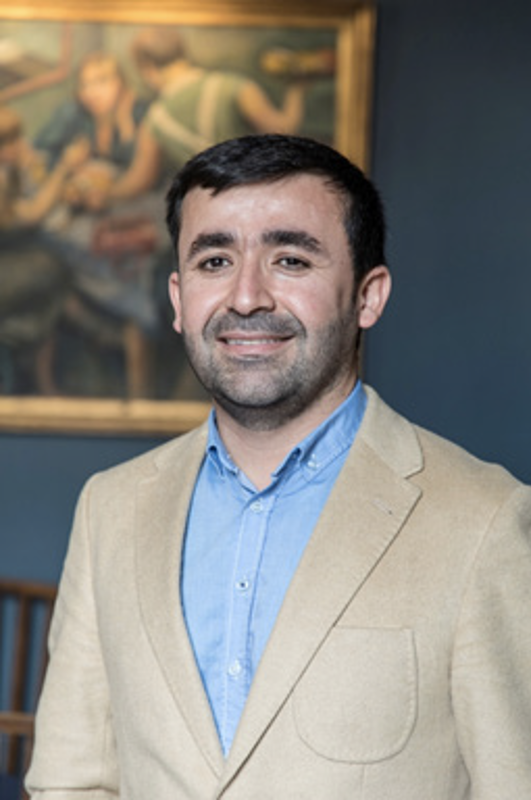This workshop examines the potential implications of an independent Kurdistan as well as the regional powers’ policies, namely the Gulf States and Iran, to such an occurrence. The study will focus on the role of the KRG in regional policies –all of which have substantial Kurdish populations – in response to the Kurdish independence. While some analysts have hailed the referendum of September 2017 as a bold step, others have criticised it for heightening tensions or anticipated tensions in the region, citing some of the demonstrations that took place against it. Iraq, Turkey responded negatively while Iran aggressively whereas the US and the UK both expressed strong disapproval, while Russia tacitly signalled acceptance of the notion of Kurdish independence. The GCC remained focused on the traditional one Iraq policy and the state’s unity relating it directly to the process of Referendum.
3 DAYS / 12 Workshops
MORE THAN 300 ACADEMIC PAPERS
The KRG initiated the non-binding referendum, in which more than 90 percent voted
‘Yes’ to secession, on September 25 last year. Kurds are one of the largest stateless
ethnic groups in the world, primarily distributed across Turkey, Iran, Iraq and Syria,
with a semiautonomous region established at the intersection following the Gulf War
in 1991. The region has been federated since 2005 following the overthrowing of
Saddam Hussein in 2003, and leaders in the region, Iraqi and Kurdish alike, have
worked diligently to strengthen control over affairs in the North. Tensions between the
KRG and Baghdad, primarily stemming from the distribution of resources and oil
control over disputed territories, have engendered further desire for distancing between
KRG and Iraqi central government. Consequently, the question of sovereignty – today
in contestation – concerns Iraq vis-à-vis the KR’s potential independence and the
impact on regional dynamics of any new form of governance that might stem constitute
this workshop’s main foci.
Negotiations over prospective independence have intensified in the past years. In May
2017, the KRG formally articulated its intention to hold a referendum to the UN
Security Council. However, the process had effectively began a year earlier when the
president of the KR, Masoud Barzani, back then in February 2016 affirmed that a
referendum would be held in the KRI among on the issue of independence. The
ostensible goal of the referendum was not to immediately declare the independence of
the people of Kurdistan, but to negotiate with Baghdad. Earlier, in 2005, an informal
referendum had been held in which 99 per cent of the participating electorate voted in
favour of independence.

